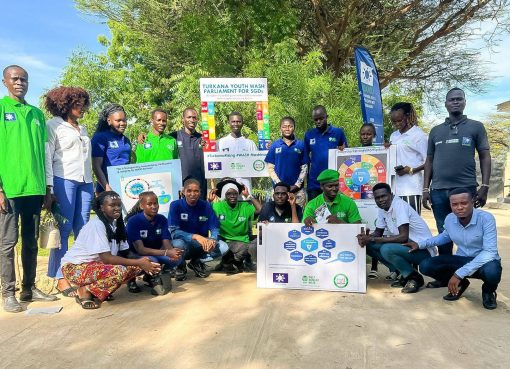Chief Justice Martha Koome has called upon the Southern African Chief Justices to design regulatory frameworks and adopt approaches to judicial intervention in disputes over digitization and internet governance that ensure digital technologies and the internet work for the greatest benefit of the society.
Speaking in a Nairobi hotel Thursday during the official opening of the Southern African Chief Justices’ Forum (SACJF) Management Committee Meeting and Judicial Symposium on Digitisation & Internet Governance, Koome said there was a need to oversee and regulate the use of digital technologies.
The CJ said it has also become increasingly apparent that in politics, social media has at times been used to divide societies and polarize political systems.
This has been a fertile ground for hate speech, fake news and disinformation through social media platforms, a concern that she said heightens in most of the countries in the region during electioneering periods.
Koome added that the misuse of digital technologies and the internet for abuse of children, who are a vulnerable group in the society, often takes the form of child pornography and child trafficking.
“In my view, we should approach the “digital world” as a global common or public good seeing the problems associated with digitization and the internet such as cybercrimes, misinformation, political propaganda, and the propagation of hate speech, as ‘polluters of our common or shared resources,” she said.
The CJ cited that the production of disinformation by groups in social media pollutes the environment, creating ethnic or racial tensions and polarization among groups in society, thus the necessity of regulating the development and use of digital technologies and the internet.
Koome reiterated that the digital world demands governance mechanisms that are democratic, participatory, deliberative and inclusive, which involves embracing stakeholder involvement in designing the governance frameworks.
“The Judiciary becomes crucial in enforcing these standards in disputes regarding the justification, legality and proportionality of state measures such as “internet shutdowns”. In my view, judicial intervention in disputes over the governance of the digital world ought to take into account and promote human rights, social justice and the imperative of public participation and input,” added Koome.
Speaking during the forum, Deputy Chief Justice Philomena Mwilu, noted that the Judiciary of Kenya is keen and eager to utilize and exploit the vast knowledge and experiences across our sister jurisdictions within the SACJF towards enabling the realization of objectives under the Social Transformation Through Access to Justice (STAJ) blueprint.
“We must thoroughly interrogate and appreciate the full spectrum of challenges and opportunities that come along with ICT and digitisation processes in our respective jurisdictions. However, we must also remember, digitization on itself cannot be the end,” she said.
By Catherine Muindi





